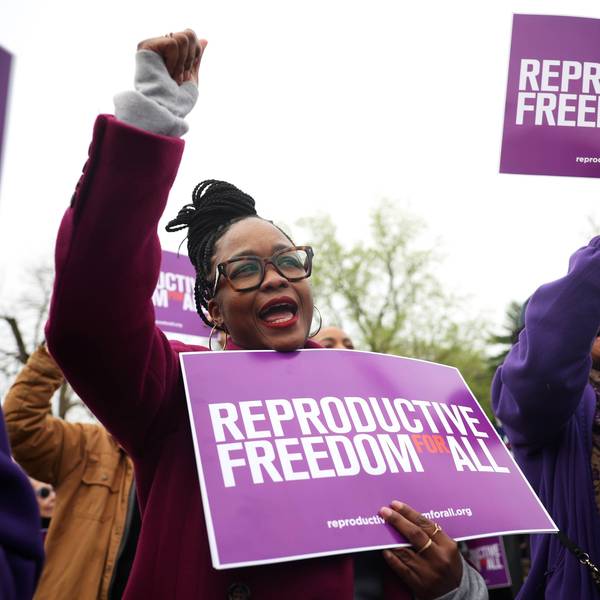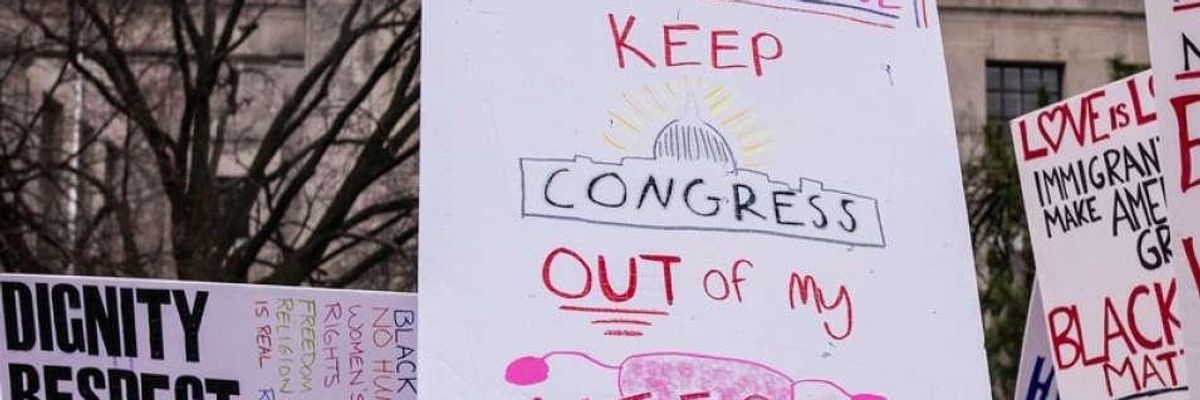Last week, I attended a local Day of Action rally to support abortion rights. Along with pleas for donations and participation on the ground, the organizers asked those who had benefited from having an abortion to share their stories. The organizers theorized that by speaking about our experiences, we could personalize the act, humanize it. That perhaps, like sexuality or gender, we should define ourselves by our abortions.
My social media feeds are filled with the stories of brave souls offering their traumas in sacrifice to the justification for abortion. For many, there is a profound emotional element in the decision to abort. They confess every reason for their decision as if begging for forgiveness. Rape victims. Incest victims. Abuse victims. Unviable fetuses. Potentially fatal complications for either mother or child.
My heart aches for them, truly. I believe their motivations are noble. But their stories shift the focus from how this argument should really be framed.
What about those of us who aren't victims? What about those who simply happened to find ourselves pregnant? Abortion doesn't have to be motivated by trauma.
I had an abortion. I'm not going to tell you how old I was or what my circumstances were at the time. I won't mention whether birth control was used or whether it wasn't. I'm not going to tell you whether the guy is or is not still a part of my life, whether it was a one-night stand or a long-term relationship. I'm not going to discuss the health of either party involved in the consensual or nonconsensual sex, nor the viability of the embryo. None of those details are pertinent. I got pregnant. I didn't want to be pregnant. I had a medical procedure to remedy the situation. Full stop.
I am not my abortion. Everything I am, however, is because of that abortion.
I won't tell you whether I've gone on to marry and have kids years or decades later. Whether I have regrets or whether I've never given it a second thought. The details are for me and me alone. They are not relevant. Knowing them should have absolutely no impact on the validity of my choice. My choice. Mine.
I am an adult of sound mind and body. My government has decreed me capable of voting, of operating motor vehicles, of purchasing firearms, of paying taxes. Why is this irrational line drawn at body autonomy?
A rhetorical question, obviously. Not all body autonomy is created equal.
For example, as a U.S. citizen, I have the right to refuse lifesaving medical treatment. Unless I give express permission, no one can remove an organ from my body -- even to save the life of another person. Even after death, no one can perform research upon or remove parts of my body without prior consent.
Why do my reproductive decisions fall outside of these other condoned health-care choices? Control and subjugation are stories as old as civilization. Exerting authority over what I do or do not house in my body is no less oppressive than restricting what religion I can practice or which consenting adult I can marry.
I had an abortion, and I need no one's forgiveness. Nor should I need your permission. In defending reproductive rights, we should refrain from framing the argument around the most extreme and saintly of cases in the hope of converting more supporters. When we pander to find circumstances under which abortion becomes palatable, we dilute the simple message that body autonomy should be a right regardless of gender.
So, tell your stories. Share your experiences. Humanize this act. Let's do what we must to keep the choice available to those who need it. But please, never forget that the right should always be ours, no matter the reason for our choices.




